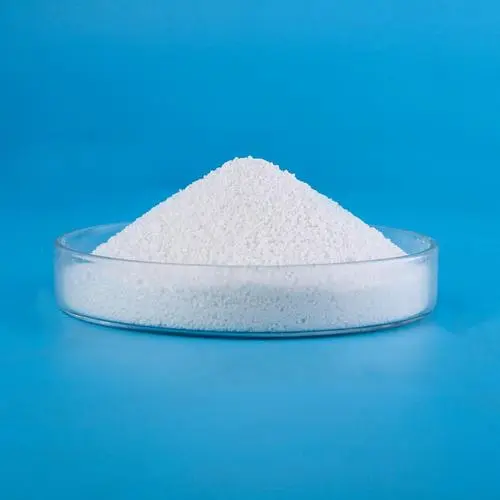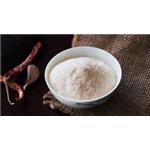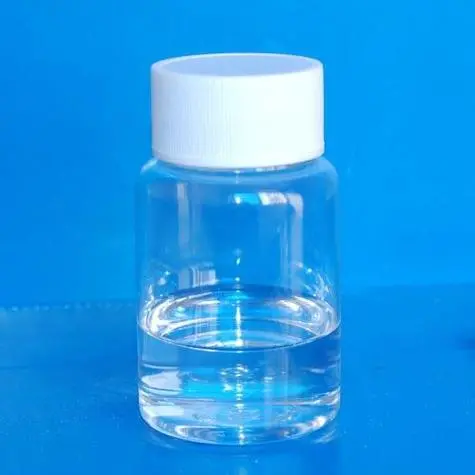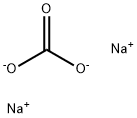Sodium carbonate: Applications and Security
Jan 2,2024
Applications of Sodium carbonate
Sodium carbonate is the disodium carbonate salt with an alkaline base. It is widely used in industry. Due to its high solubility, it is useful in various manufacturing reactions. It is used as a detergent for household purposes such as washing clothes. It is used in water treatment to reduce the hardness of water. It is used in the manufacture of glass, soap and paper. It is used as a flavouring agent, antioxidant, pH-regulator, pickling or pickling agent, and processing aid for food. It is used in the brick industry as a wetting agent, using to reduce the amount of water required to extrude the clay. It is used in toothpaste to act as a foaming agent and abrasive. It is used as a catalyst for the production of biodiesel. Sodium carbonate is also used in the processing and tanning of animal skins.

Sodium carbonate as a catalyst for biodiesel production
Biodiesel, a mixture of alkyl esters (FAME), is viewed as a feasible renewable fuel to substitute fossil diesel. The first-generation biodiesel raises several sustainability issues and new production processes using low-grade fats and heterogeneous catalysts are envisaged. Biodiesel from alimentary grade oil and waste frying oil was produced by methanolysis (oil/methanol = 12 M ratio), at 67 °C, using anhydrous sodium carbonate and bicarbonate, commercial materials as catalysts (5% by oil weight) in a batch reactor at atmospheric pressure. Sodium carbonate had a higher catalytic activity for the methanolysis of the fresh oil (97% of FAME after 90 min) than for the frying oil (12% of FAME after 90 min), which can be attributed to the greater acidity of the fried oil, which promotes the partial neutralization of the catalyst. Sodium bicarbonate, less active than sodium carbonate, showed similar catalytic activities for both fats (84–85% of FAME after 180 min), appearing to be less sensitive to the acidity of the raw material, which may derive from its lower basicity. Both catalysts suffer crystallographic changes during reaction being both converted into similar mixtures of hydrated carbonate/bicarbonate slats, like trona. The methanol solubility of sodium carbonate seems to have a null homogeneous contribution to the catalytic process since the co-produced glycerin presented a pale-yellow color which is characteristic of heterogeneous catalyzed methanolysis processes. Such result was corroborated by thermogravimetric analysis of glycerin which showed small residual masses due to minor solubilization of catalyst. FTIR spectra of glycerin showed low contamination with MONG (Matter Organic Non-Glycerin), thus the contribution of homogeneous catalysis was not meaningful.
Security of Sodium carbonate
Sodium carbonate is not safe to consume as it is mildly toxic and can cause airway irritation along with shortness of breath, coughing up gargles and lung oedema. Contact with the eyes can cause severe burns. Similarly, skin contact with sodium carbonate can cause skin burns. According to the MSDS for Sodium Carbonate, it is generally safe to use Sodium Carbonate as an industrial product. Ingestion of large amounts of sodium carbonate can cause vomiting, diarrhoea, abdominal pain and sometimes death.
References:
[1] BRUNA RIJO . Biodiesel production over sodium carbonate and bicarbonate catalysts[J]. Fuel, 2022, 323: Article 124383. DOI:10.1016/j.fuel.2022.124383.
- Related articles
- Related Qustion
- What is soda ash used for? Mar 13, 2024
Over half of all Soda Ash production is used in glass manufacturing, but it is used in the soap industry, paper production, pH adjustment, production of cleaners and detergents, and in the polymer and resin industries.
- Soda Ash Vs Baking Soda: Similarity and Differences Mar 7, 2024
Soda Ash(Sodium carbonate), Na2CO3.10H2O, is an industrial chemical with the formula Na2CO3. Baking soda, also known as sodium bicarbonate or bicarbonate of soda, is a popular baking ingredient.
- Uses of Sodium carbonate Feb 7, 2022
Sodium Carbonate is the disodium salt of carbonic acid with alkalinizing property. When dissolved in water, sodium carbonate forms carbonic acid and sodium hydroxide. As a strong base, sodium hydroxide neutralizes gastric acid thereby actin
Supplementation with pyridoxal 5'-phosphate monohydrate can synthesize neurotransmitters such as dopamine and serotonin, maintaining a healthy nervous system.....
Nov 4,2025Biochemical EngineeringSilicone oils are constituted of a linear chain of siloxane repeating units (–Si–O) and a variety of side chains (radical side groups).....
Jan 2,2024APISodium carbonate
497-19-8You may like
Sodium carbonate manufacturers
- Sodium carbonate
-

- $100.00 / 1kg
- 2025-12-16
- CAS:497-19-8
- Min. Order: 1kg
- Purity: 99%
- Supply Ability: 1000Ton
- Sodium carbonate
-

- $1.00 / 1g
- 2025-12-15
- CAS:497-19-8
- Min. Order: 1g
- Purity: 99%
- Supply Ability: 1000kg
- sodium carbonate
-

- $1.00 / 1kg
- 2025-12-11
- CAS:497-19-8
- Min. Order: 1kg
- Purity: 99%
- Supply Ability: 10 mt






